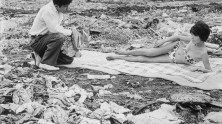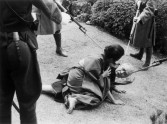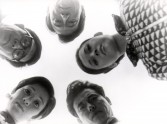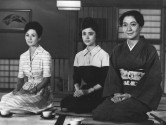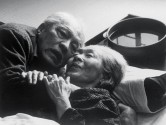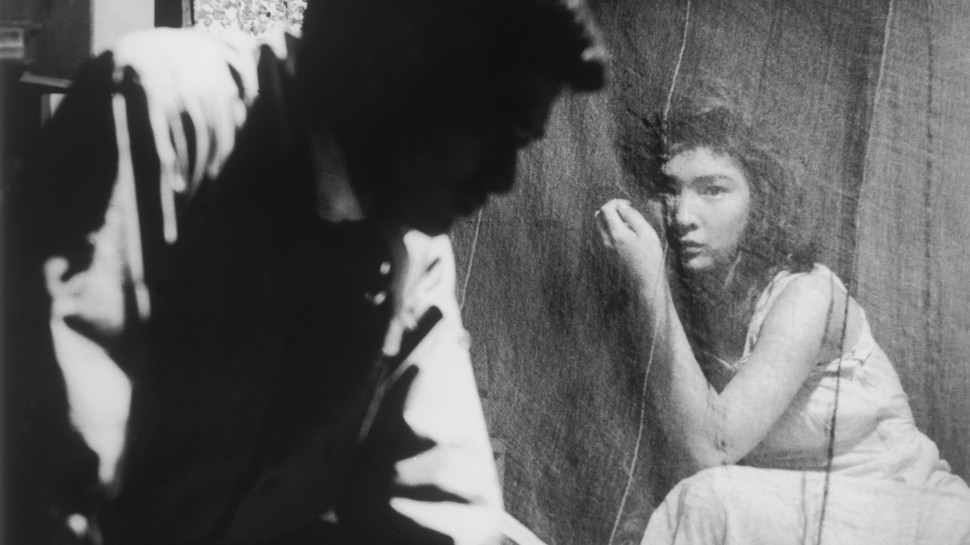
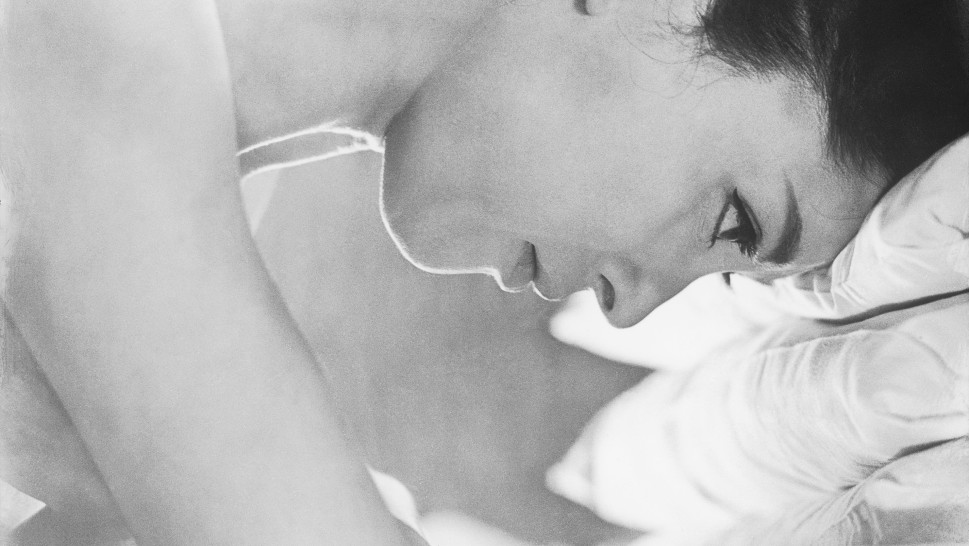
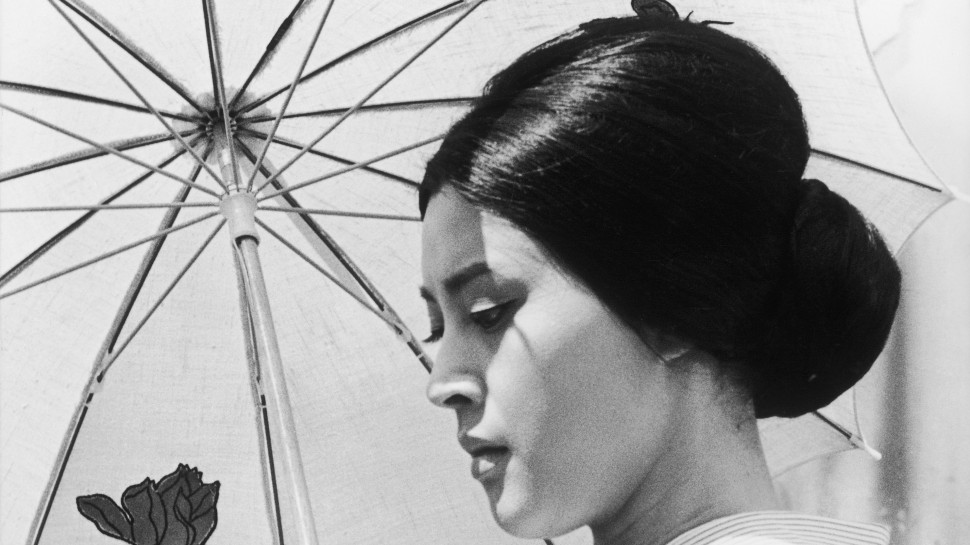
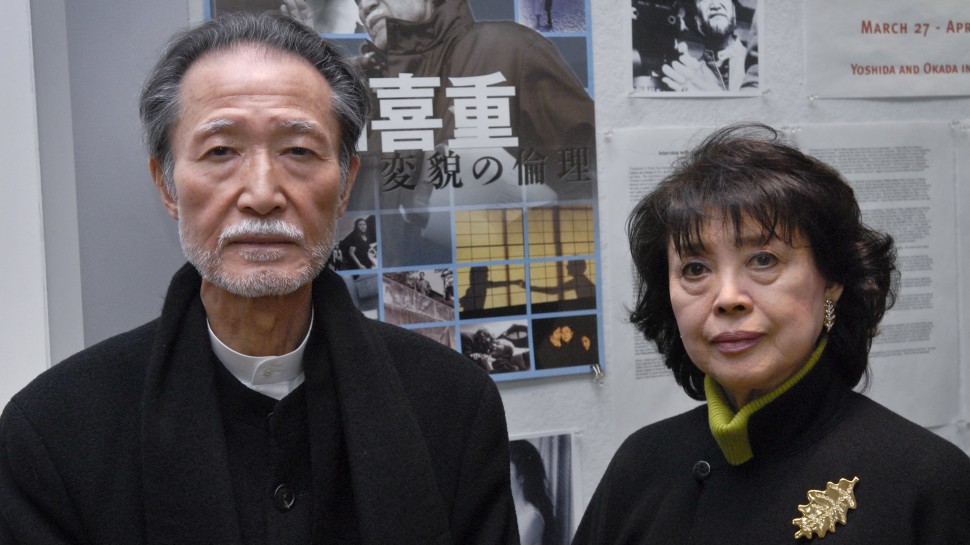
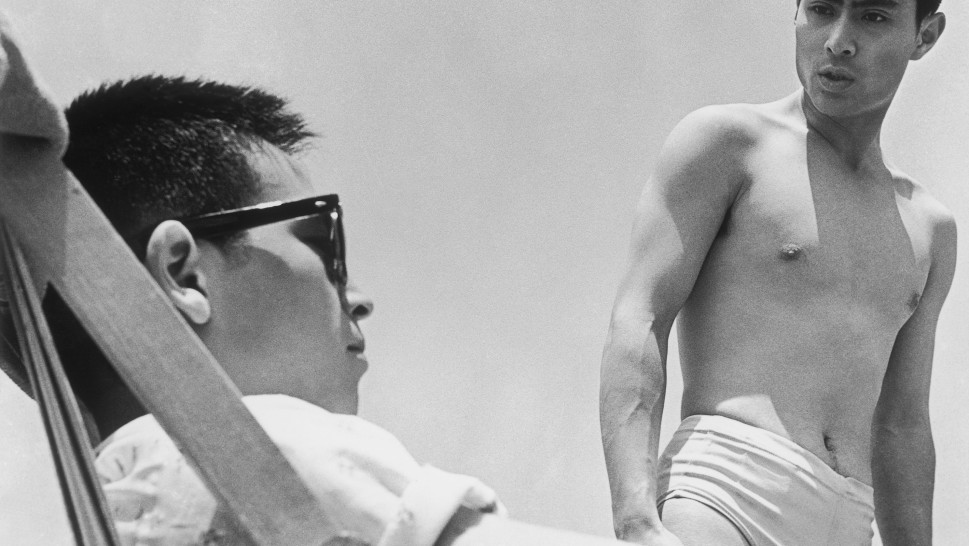
Art Cinema, Counter Cinema: The Cinema of Kiju Yoshida and Mariko Okada
A legendary figure of the postwar Japanese cinema, Kiju Yoshida (b. 1933) is one of Japan's most artistically ambitious, politically astute and influential filmmakers. Yoshida is best known for his work with the spellbinding Mariko Okada (b. 1934), one of the most beloved and celebrated actresses of her generation, and one of the great stars of the Japanese New Wave. Working together with Okada, Yoshida created an incredible body of films unparalleled for their formal sophistication, philosophical depth and sheer beauty. Underappreciated in this country, Yoshida (who is also known by the alternate pronunciation of his name, Yoshishige Yoshida) is rightly considered in Japan and Europe, and especially France, among the preeminent masters of the modern Japanese art film.
Yoshida's first passion, and the focus of his studies at Tokyo University, was French existential philosophy and literature, a training which deeply informs the intellectual rigor of his subsequent film work and later writing on film and art. By chance, or destiny, Yoshida was drawn into a film career by Shochiku's major recruitment drive in the late 1950s, and entered the studio's famously hierarchical apprentice system together with a number of young university-educated intellectuals, including Yoshida's close colleagues and contemporaries Nagisa Oshima and Masahiro Shinoda. Like them, Yoshida's first films, Good for Nothing (1960) and Blood Thirsty (1960), were astonishingly accomplished and conceptually brilliant works that deliberately played against the taiyozoku (youth film) cycle to which the young directors were assigned, rejecting the promise of romance and sex to instead deliver trenchant and unrepentant critiques of the corporatization of Japan as a betrayal of the postwar generation.
In 1962 Yoshida turned in a new direction when he accepted the invitation of Mariko Okada – one of Shochiku's great young female stars, acting now as a producer – to adapt a popular melodramatic novel about unrequited love and postwar disillusionment, The Affair at Akitsu. Following the film's critical success Yoshida and Okada married and left the studio to work independently, launching a remarkable collaboration that has extended thus far across thirteen films and over forty years. Between 1963 and 1968 the couple made a series of important and incredible "anti-melodramas," as they have been called, gripping and highly stylized dramas starring Okada as a woman in various states of emotional and romantic distress and offering a forcible critique of women’s traditional role as victim and object of desire within Japanese melodrama. In 1969 the couple worked together on their most ambitious project, and one of the most important examples of Japanese counter-cinema, Eros + Massacre, a soaring and inspired exploration of the history of radical art and politics in modern Japan. Yoshida's subsequent films have each bravely tackled critical and politically charged topics – Japan's militarist history (Coup d’état, 1973), the atomic bomb (Women in the Mirror, 2002) and euthanasia (The Human Promise, 1986) – while continuing to explore the limits and rich ambiguities of the cinema as an artistic and narrative medium.
We are deeply honored to welcome Kiju Yoshida and Mariko Okada as our special guests for this truly historic retrospective.

